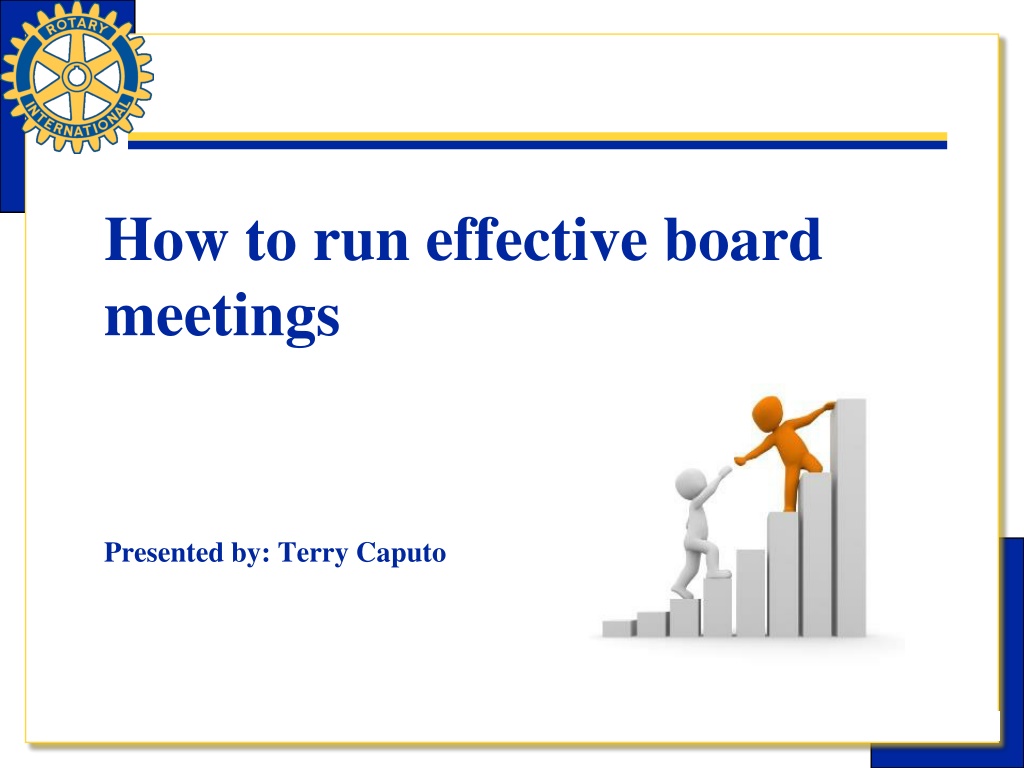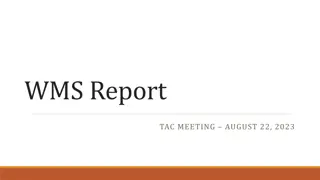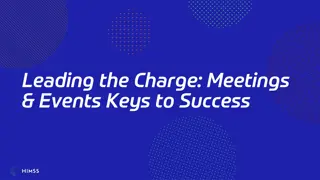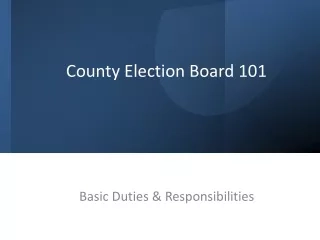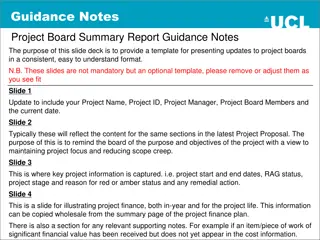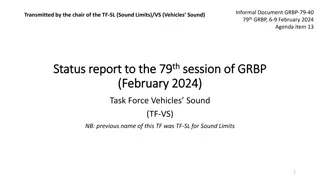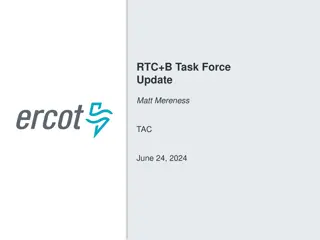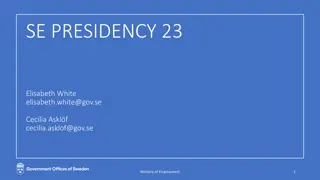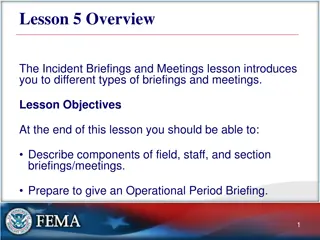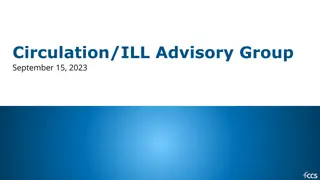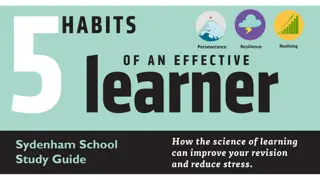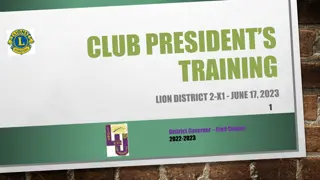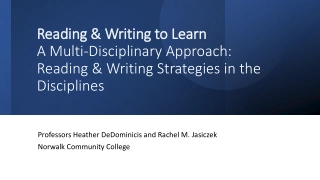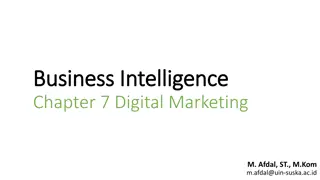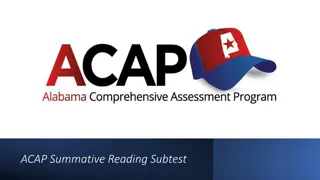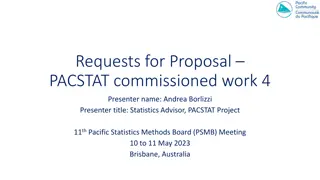Effective Strategies for Running Board Meetings
Learn essential tips for successful board meetings, including the primary role of the board, operational board stakeholders, key ingredients for decision-making, effective board leadership qualities, meeting effectiveness principles, and the importance of agenda ownership. Discover how to foster a constructive culture, ensure director engagement, and maximize meeting efficiency.
Download Presentation
Please find below an Image/Link to download the presentation.
The content on the website is provided AS IS for your information and personal use only. It may not be sold, licensed, or shared on other websites without obtaining consent from the author. Download presentation by click this link. If you encounter any issues during the download, it is possible that the publisher has removed the file from their server.
Presentation Transcript
How to run effective board meetings Presented by: Terry Caputo Rotary eLearning Center- Community Service
Primary Role of the Board Selection of the President (annual process that should be consistent) Setting direction and making decision on behalf of the members (where you focus most of your time) Monitoring performance and compliance with laws and regulations (make it efficient) Rotary eLearning Center- Community Service
Operational Board Stakeholders D I R E C T I O N (exclusively members) C O N T R O L Representative Board Management Through Committees Rotary eLearning Center- Community Service
Key Ingredients Important considerations: Inherent conflict in the President s operational role vs Chair role Agenda ownership Director engagement Information to exercise the duty of care Use of member expertise to inform decisions Time Rotary eLearning Center- Community Service
Effective Board Leadership The Chair is the leader of Board and needs to: Foster constructive culture/tone Facilitate oversight Promote independence Guard responsibilities/boundaries Define discussion parameters Ensure Director engagement Build consensus Focus discussion/restrain Directors Ensure the will of the Board prevails Quickly handle and defer new business Rotary eLearning Center- Community Service
Meeting Effectiveness Principles Disciplined process (not necessarily Roberts Rules) Rules of engagement/decision-making known and respected Awareness of Directors experience/biases Board engagement and empowerment Active participation Decisions are their decisions Able to do what needs doing Own a strategically designed agenda Rotary eLearning Center- Community Service
Ownership of Agenda Driven by the Chair with input of Directors Include pre-read materials in advance Clearly state the outcome of each item Only deal with items that have back up information Create a workplan in agenda form Focus on how agenda items will be handled Rotary eLearning Center- Community Service
A Useful Tools - Agenda Rotary eLearning Center- Community Service
A Useful Tool - Dashboards Rotary eLearning Center- Community Service
A Useful Tools Work Plan Rotary eLearning Center- Community Service
Thank you Terry Caputo (905) 213-5925 (cell) terrycaputo@outlook.com Rotary eLearning Center- Community Service
